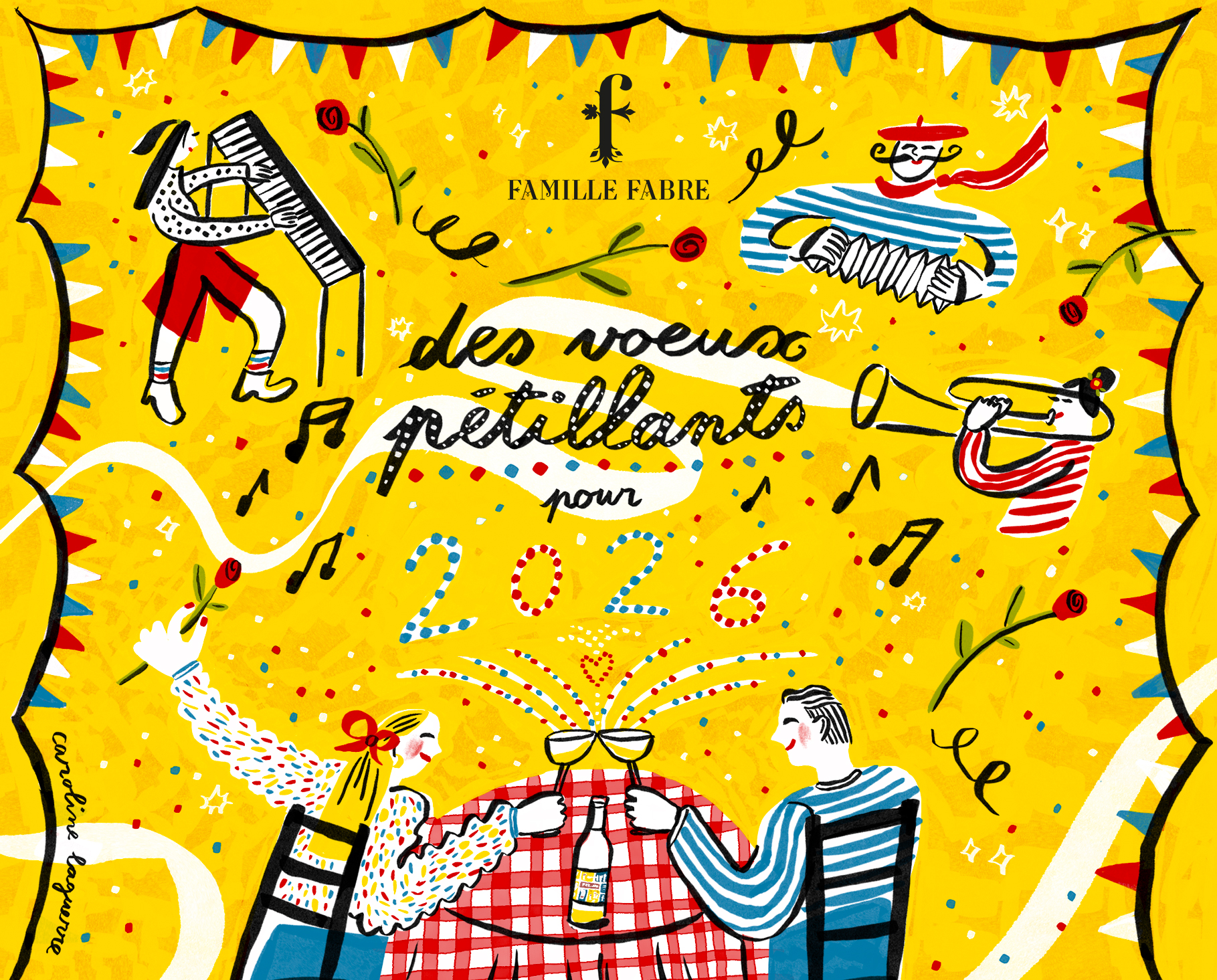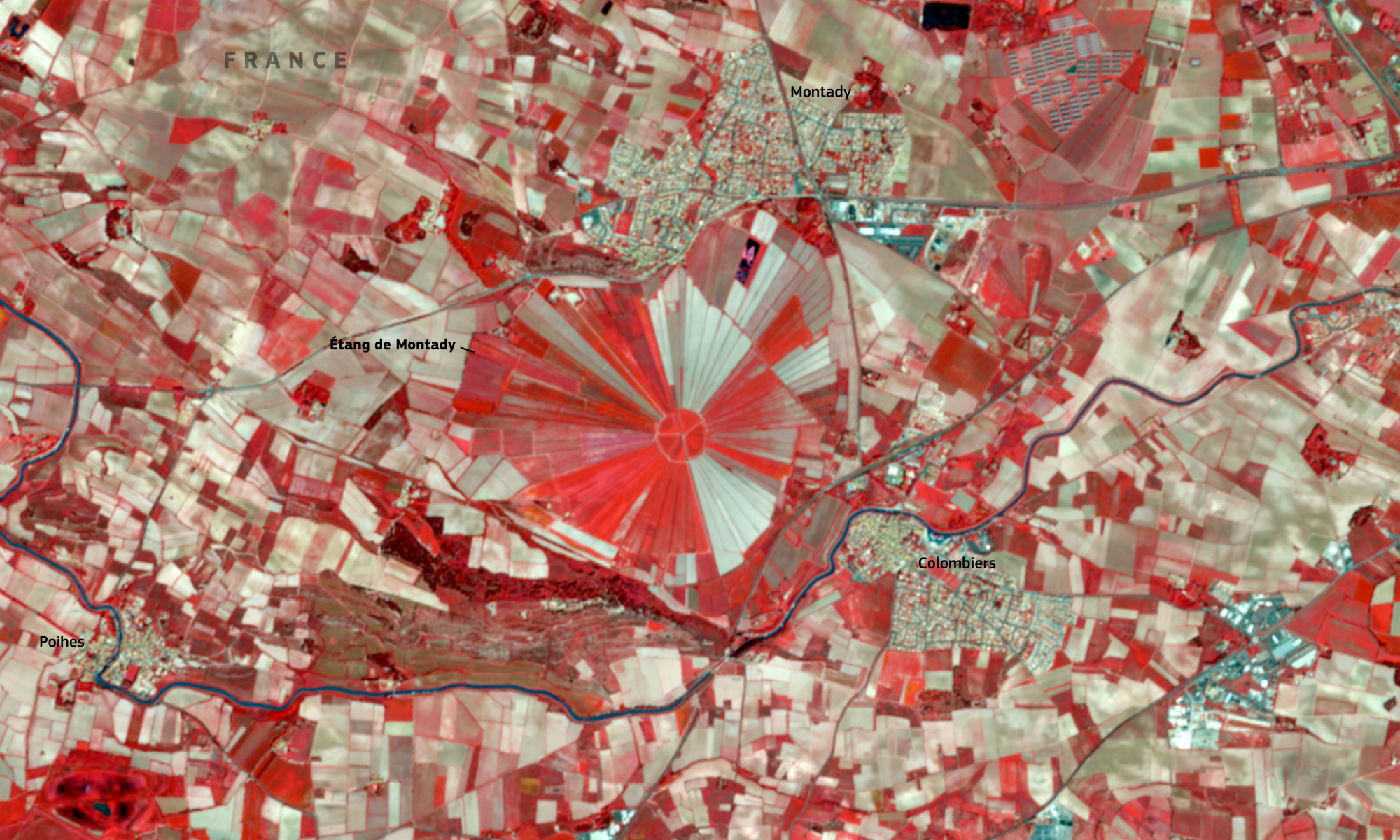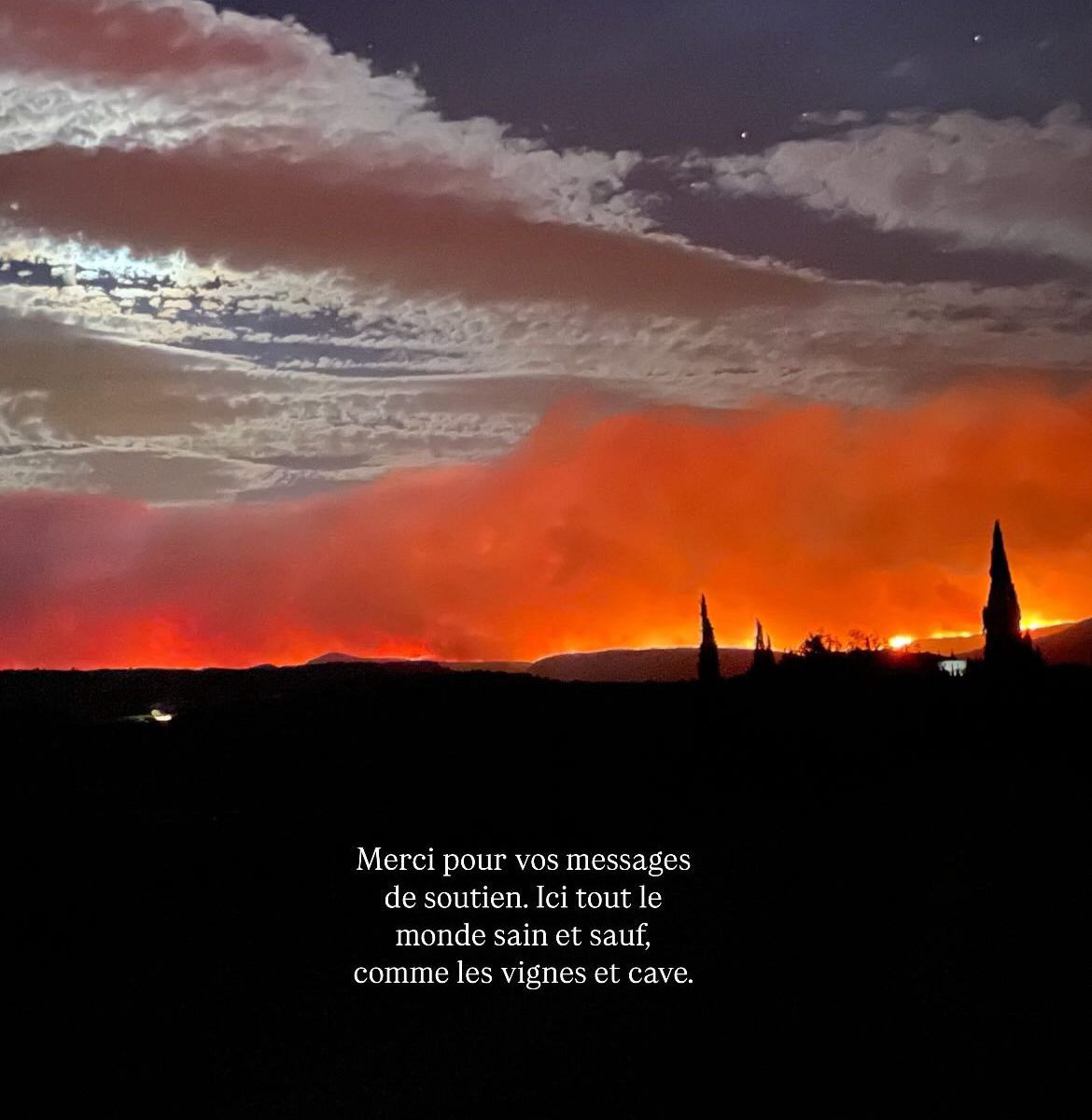Wine Paris 2025: an unusual stand for the Fabre family
Since 1605, the Fabre family has embodied one of the Languedoc’s most emblematic winegrowing sagas. At Wine Paris 2025, it is preparing to create a surprise by unveiling an eco-designed stand made from recycled cardboard. But that’s not all: the Fabre family is also offering visitors the chance to travel 800 kilometres away, using virtual reality headsets to transport them to the heart of the famous Cité de Carcassonne.
A stand that’s 100% local, 100% recycled cardboard
‘With the diversification of our offer (ciders, beers, wines), we have freed ourselves from the spaces reserved for the appellations, but not at any price, we had to do it right!’ sums up Clémence Fabre.
To meet this challenge, the Fabre family called on the ETRE school for social integration, based in Lézignan, and the Aude-based company MP2 Environnement, which specialises in recycling waste (cardboard, glass, cork, labels) and employs people on social reintegration schemes.
The result is an extraordinary stand, the fruit of a technical feat that rewards the Fabre family for having had the audacity to take up this social and human challenge. ‘The genesis of this project was really our desire to adopt an eco-responsible approach. It makes a lot of sense for us to have chosen cardboard, but also 100% local products and a social integration project’, emphasises Clémence Fabre.
To take up this challenge, the Fabre family called on the ETRE school for social integration, based in Lézignan, and the Aude-based company MP2 Environnement, which specialises in waste recycling (cardboard, glass, cork, labels) and employs people on social reintegration schemes.
The result is an extraordinary stand, the fruit of a technical feat that rewards the Fabre family for having had the audacity to take up this social and human challenge. ‘The genesis of this project was really our desire to adopt an eco-responsible approach. It makes a lot of sense for us to have chosen cardboard, but also 100% local products and a back-to-work site,’ emphasises Clémence Fabre.
An agro-ecological approach at the heart of a long-standing family project
The stand’s eco-responsible approach is part of a wider ambition: for several generations, the Fabre family has been implementing an exemplary agroecological approach, combining vines, orchards, plant cover and living biodiversity. André Fabre’s ciders and juices, made from pear, quince and apple trees, illustrate this desire to create a fertile and diverse ecosystem.
In its vineyards, the family has taken many initiatives: planting hedges (thyme, rosemary, oleander), trees (almond, pomegranate, pistachio) and introducing resistant grape varieties adapted to the challenges of the climate.
From the Languedoc to Paris: an unprecedented virtual immersion
While the technical feat represented by this eco-designed stand is an experience in itself, the immersive experience that visitors will be offered is more of a novelty. Clémence Fabre says that she has set herself no limits in order to ‘offer something truly memorable’: ‘The Carcassonne Tourist Office has agreed to make VR headsets available to us. Thanks to this system, anyone who wants to can immerse themselves in the history of the Cité de Carcassonne through a ten-minute film.
Promoting diversity
In a trade show that is largely structured around wine appellations, the Fabre family’s approach may come as a surprise. The Fabre family owns 5 estates in the Languedoc and produces wines under the Minervois, Corbières, Boutenac, IGP Pays d’Oc and Vin de France appellations.
On the programme: the family’s own wines, of course, but also ciders and juices from ‘little brother’ André Fabre, as well as beers from Béziers-based brewer Alaryk, to whom the family supplies the barley and hops grown on its land.
Clémence Fabre will also be highlighting the recent arrival of the alcohol-free cuvée Le Rendez-vous, ‘a very refreshing Muscat with a ginger ale flavour’, as well as the first rosé cuvée in the Lux range: ‘it embodies our CSR commitment through a carbon-neutral cork and a recycled paper label made in France’, Clémence Fabre points out.
Finally, the family will also be showcasing its work on sulphite-free wines, recognisable by their label adorned with a moon ‘which symbolises our quest to express the terroir’, concludes Clémence Fabre.
Practical information: Wine Paris 2025: 10-12 February 2025 – Paris Porte de Versailles – Hall 7.2 | D282










